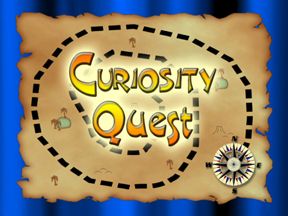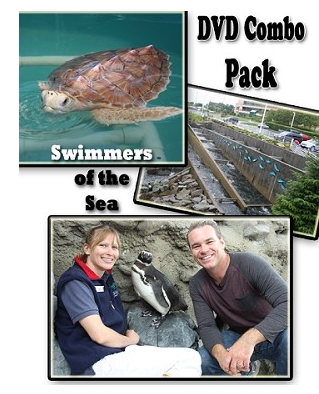Simplicity: The Gods Must Be Crazy
We spent some time with my in-laws this week and watched this movie. Have you seen it? I don’t really recommend it; I didn’t enjoy it. But there was a bit of a life lesson in simplicity found in it that I found refreshing. But first let me give you a short synopsis of the film in case you’re not familiar with it.
The movie opens on Xi (pronounced Key) and his family, a group of tribal Africans who are just living their lives with no outside interference or Western influence whatsoever. One day, a “large, loud bird” (an airplane) flies overhead and “the gods” drop a gift on our unsuspecting main character and his tribe: a glass Coke bottle tossed out the window of the plane by the pilot. While the tribe was perfectly happy before with nothing stronger than wood or bone (not even rock), they’re now fascinated by this “thing” that they’ve been blessed with. They use it for everything: as a rolling pin for their dough, as a weapon, as a musical instrument . . . the list goes on and on. They soon realize that because of this “gift,” they’re no longer happy just being . . . well, just being. The scarcity of the bottle – there’s only one – has caused jealousy and strife to enter their previously peaceful existence. Xi takes it upon himself to take the “evil thing” and toss it over the edge of the Earth so that his family can go back to their “normal” lives.
There are a couple of other plot points, and while the whole thing seems like a muddy mess for a while, eventually the pieces come together and everything is resolved. Those other points don’t matter that much for what I want to talk about today, though, so I’m not going to go too much into them. I will mention just one of them, very briefly, for reasons that will become clearer as we go here.
Just a few hundred miles south of where Xi and his tribe live is the bustling metropolis of Johannesburg, South Africa. (And that’s really all I’m going to say about that particular plot point. Told you it’d be brief.) The comparison between the two cultures is where the meat of what I want to talk about comes from today. I’m going to start with this quote from the film, said by the narrator:
And here [South Africa] you find civilized man. Civilized man refused to adapt himself to his environment; instead, he adapted his environment to suit him. So he built cities, roads, vehicles, machinery, and he put up power lines to run his labor-saving devices. But somehow he didn’t know where to stop. The more he improved his surroundings to make life easier, the more complicated he made it. So now his children are sentenced to 10-15 years of school, just to learn how to survive in this complex and hazardous habitat they were born into. And civilized man, who refused to adapt to his surroundings, now finds he has to adapt and re-adapt every hour of the day to his self-created environment.
How deep is that? I know it was included in the film (made in 1980, by the way) for comedic effect, but my oh my, how fascinating those thoughts are.
So true.
And therefore so sad.
We consider ourselves to be “civilized.” But how much are we missing out on because of that? We suffer from depression. We work so hard to support our lifestyles. We get bored and angry.
Imagine a simpler life, like that of the Bushmen. Before the Coke bottle dropped in on them – the only thing they’d ever seen of Western civilization – they were just people living a simple life with not a care in the world. They were very gentle people. They never had to punish their children, because there was no misbehavior among the children. There was just life. And it was a beautiful life.
Now, I don’t really want to live a life in the African bush, and I’m not suggesting that we should do that. But we should strive for the simplicity and contentedness that the characters in this movie had. They didn’t have any stress in their lives. They weren’t worried about money or food or shelter. They trusted God (albeit the wrong god) to provide their food and water for the day. We should do that. We should quit stressing and working so much to support our lifestyles. We should take some time, at least a little bit, to just relax, to enjoy our families. We should get outside and enjoy our environment – and by that, I mean the natural environment, not the one we’ve adapted to meet our needs because we didn’t want to adapt ourselves to the environment.
We should learn some lessons from the African bush.
Blessings,
Wendy














